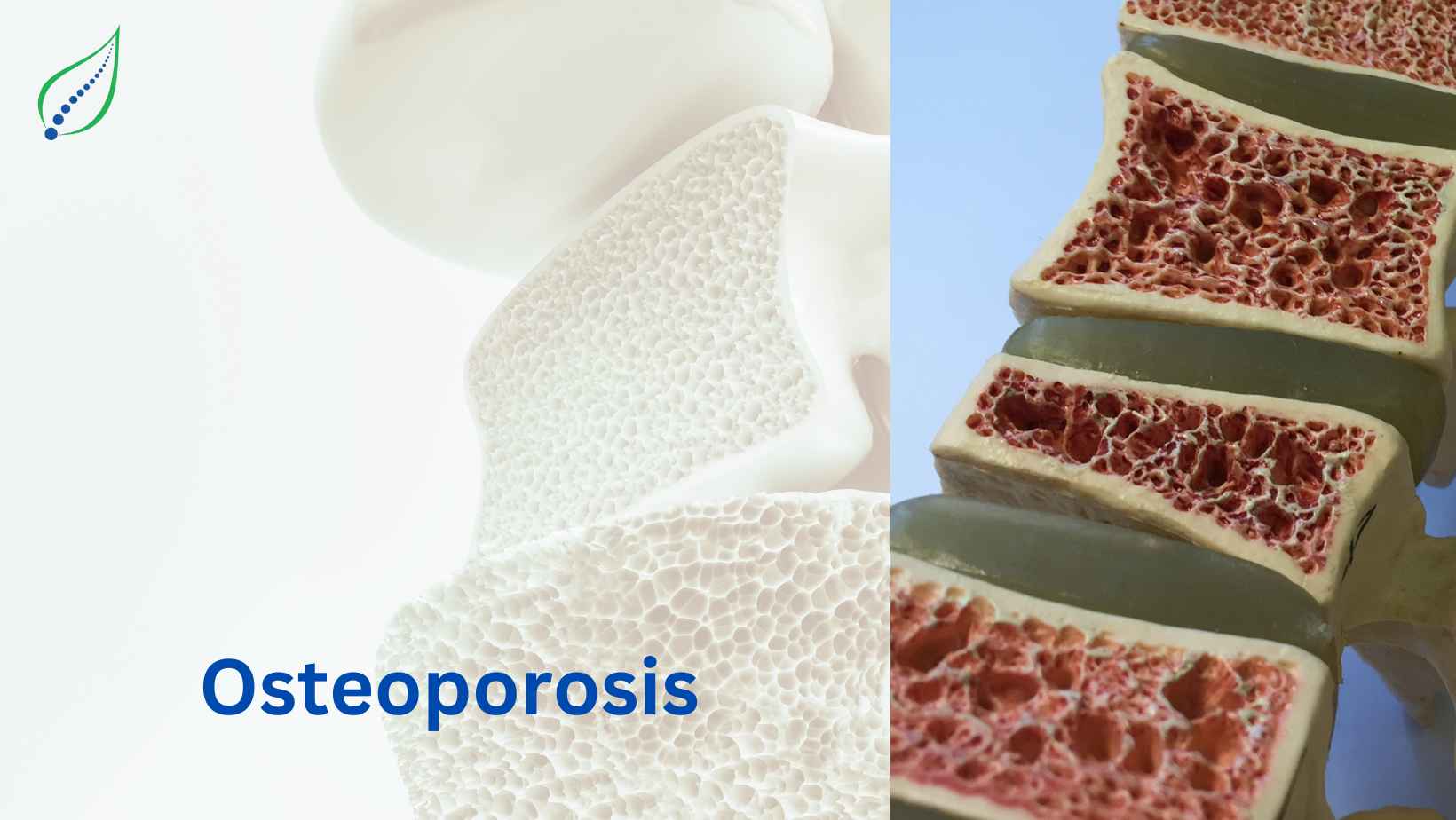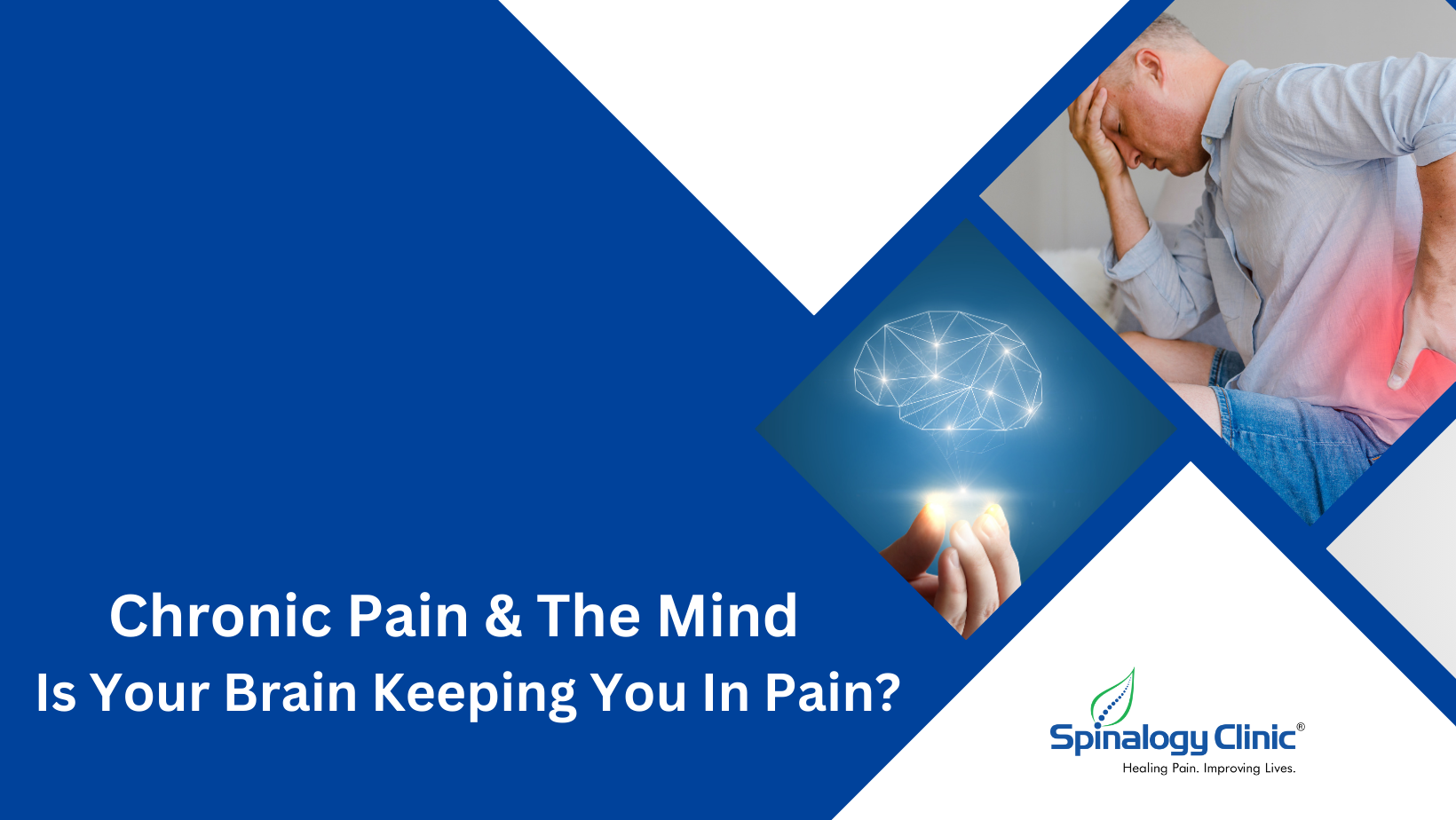Osteoporosis
Osteoporosis is a condition of the bones in which the bones become so weak and fragile that fractures can happen even while performing daily tasks. The hip, spine, and forearm bones are the most vulnerable to fractures. This condition is usually seen in old people and mostly in postmenopausal women as after menopause there is a considerable reduction in oestrogen levels resulting in bone loss. When bone regeneration is unable to keep up with bone loss, even minor stress can cause the bones to break.
Symptoms
Usually, there are no early symptoms and one doesn’t know about it until there’s a fracture. A person with osteoporosis will experience pain in the back, a sudden fracture, and a poor posture due to weak bones.
Causes
Bone is a tissue that allows mobility and provides structure and support to the body. It is in a constant process of loss and renewal. As we age, bone loss exceeds the regeneration process leading to a lower bone mass in the body. A person usually attains the peak bone mass, which is the maximum bone a person will have in their lifetime, in their 30s and the probability of developing osteoporosis depends on this. If you have accumulated a low peak bone mass, with aging, your body will not be able to keep up with the natural degeneration.
Some other causes of osteoporosis are kidney diseases, eating disorders and hyperthyroidism. Alcohol-consumption and chronic smoking have also been linked to a higher risk of osteoporosis. Diet plays a major role in bone health and calcium deficiency in growing years can lead to an earlier onset in the reduction of bone mass. Consumption of corticosteroids has also shown to interfere with bone health and in general, a lifestyle with minimum physical activity is a major cause for the weakening of bones.
Prevention
Osteoporosis is more common in older women and people who have smaller bodies compared to an average human being. Nutrition is a major contributing factor when it comes to bone health. Protein and calcium are two major factors influencing bone health. A properly balanced diet in early childhood is the best way of preventing protein and calcium deficiency. Foods that include a high amount of calcium are tofu, low-fat dairy, green vegetables, almonds, and canned fish. You can also take calcium supplements if your diet is unable to provide the daily requirement. A non-vegetarian diet usually fulfils the daily protein requirement but vegetarians might have to look for additional sources other than the regular meals. A deficiency of vitamin D can also hamper the absorption of calcium in the body. Therefore, proper intake of vitamin D should be ensured either through safe sun-exposure or multivitamins.
Moreover, maintaining a healthy BMI is also very important. An underweight or overweight person is more susceptible to bone damage and thus you should focus on maintaining a healthy weight. Exercise is the most effective way of ensuring the overall health of the body. Weight-bearing exercises when combined with resistance training helps in strengthening the bones and muscles.

_1742973131.png)
_1742634080.png)

